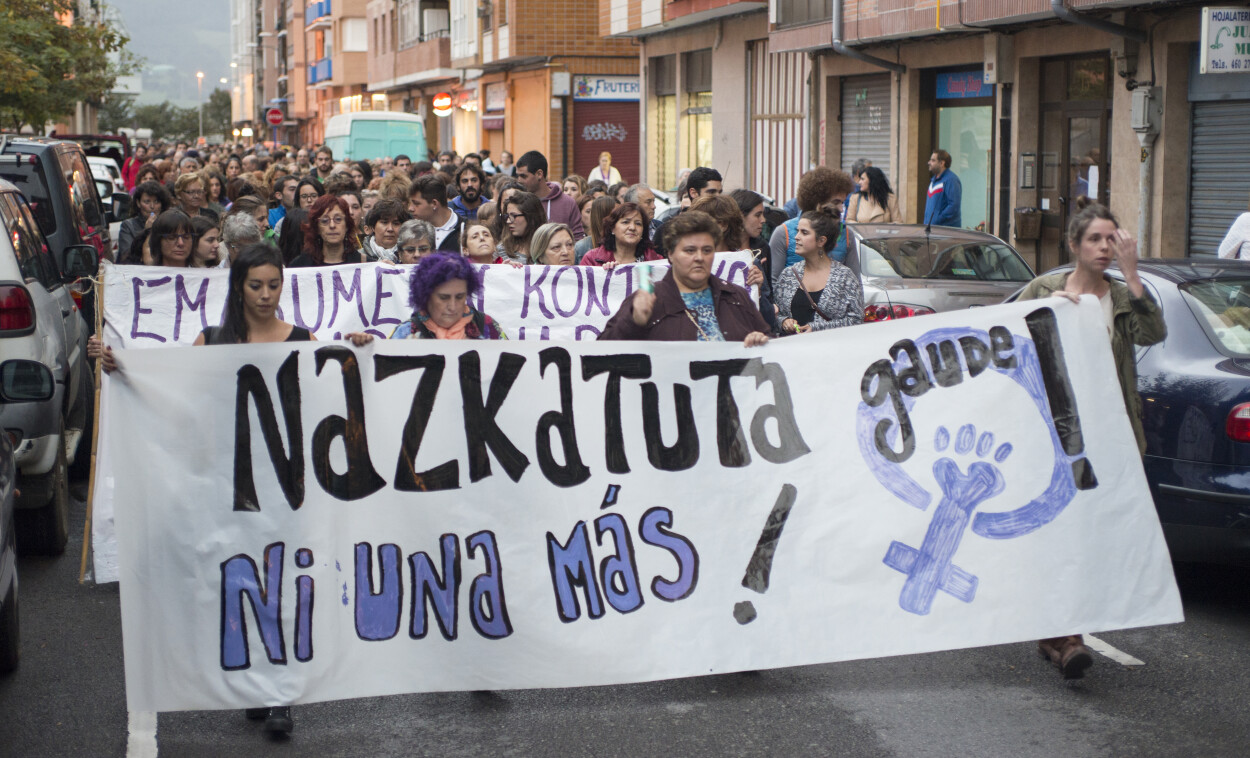The feminist movement fills the streets against male violence
- The feminist movement has maintained the mobilizations of November 25 adapted to the context of the coronavirus for another year. Within the framework of the new pandemic, they have warned that the old pandemic of male violence is continuing and have called for public services.

This year has been unusual on November 25, as the feminist movement has had to adapt the International Day against Machista Violence programme to the context caused by the coronavirus. For another year, however, they have opted for the adaptation, security and occupation of the streets of the Vizcaine capital. In both the capitals and the municipalities mobilizations have been carried out throughout the Basque Country and the most massive calls have been held in the capitals. In the morning, institutions have also joined concentrations in repulsing male violence.
At the local level, the feminist movement has used a different motto. In Vitoria-Gasteiz, the mobilization started at 19:00 hours from the Iparralde Civic Center under the motto “Let’s defend ourselves! In Navarre, instead of a main mobilization, concentrations were held at 20:00 hours in the capitals and towns of the Foral Community, under the motto “Penendo de un hilo. Unite our rights.” In Baiona, the demonstration departed at 18:30 hours from the Plaza de la República under the motto “Machista violence has a thousand faces. Non aux violences sexistes”. In Bilbao, the columns left the neighborhoods at 19:00 hours with the motto “Facing machista violence defends public services”, to meet at 19:30 on both sides of the river. In Donostia-San Sebastian, the demonstration that departed at 18:30 hours from the Alderdi Eder under the motto “Kills us normalcy, we organize and fight against male violence”. In this last mobilization, the Ertzaintza identified two of its members in an action by the Young Girls* of Donostia-San Sebastián during the demonstration to get on a bus stop.
In addition to the mobilizations, the feminist movement has adapted this year’s messages and reading to the context characterized by the health crisis. In general, they have pointed out that the new normality is as strong for women as the old one, and that the new pandemic hides an older pandemic within it, referring to male violence. They recalled the lockdown and warned that during the curfew many women have been locked up with their aggressors. They have also warned that the health crisis has put at risk the work of recent years on the road to equality between men and women and warned of the danger. In this respect, they have called for the implementation of universal public services. In Vitoria-Gasteiz, for example, they have stressed that “cutting and privatizing the public is investing in male violence”, and in Bilbao and Donostia-San Sebastián they have denounced that the City Council has cut the care services for women victims of violence.
Along with all the demands and complaints, as could not be otherwise, they have reminded women killed by male violence.
In addition to the mobilizations called by the Feminist Movement, the Socialist Organization of Women Itaia has also carried out mobilizations, framed in the campaign "Facing violent lives, organizing socialist capacities". The operations were carried out in Pamplona, Estella, Bilbao, Gernika, Lekeitio, Donostia-San Sebastián, Tolosa, Ordizia, Bergara, Azpeitia and Vitoria-Gasteiz.
We learned this week that the Court of Getxo has closed the case of 4-year-old children from the Europa School. This leads us to ask: are the judicial, police, etc. authorities prepared to respond to the children’s requests? Are our children really protected when they are... [+]
Bi erizainetatik batek lanean eraso sexistak jasaten dituela azalerazi du Erizainen Ordenak joan den urte bukaeran egin ikerketak. 21.000 erizainek ihardetsi dute, sektore pribatu, publiko eta liberaletik. Hauetan 2.500 gizonak dira.
Today, the voices of women and children remain within a culture that delegitimizes their voices, silencing their experiences, within a system aimed at minimizing or ignoring their basic rights and needs. A media example of this problem is the case of Juana Rivas, but her story... [+]








_2.jpg)
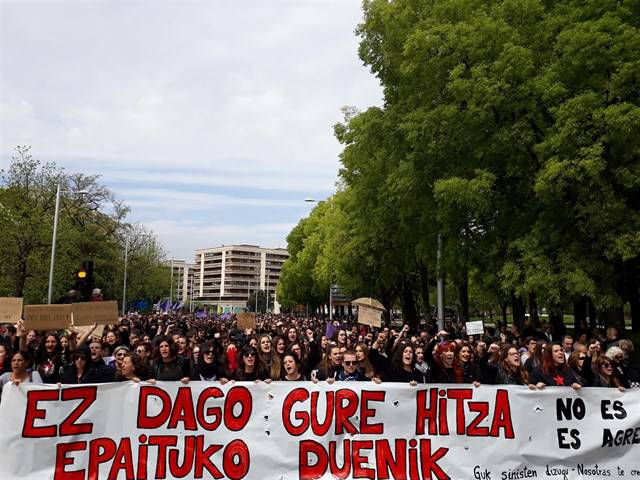
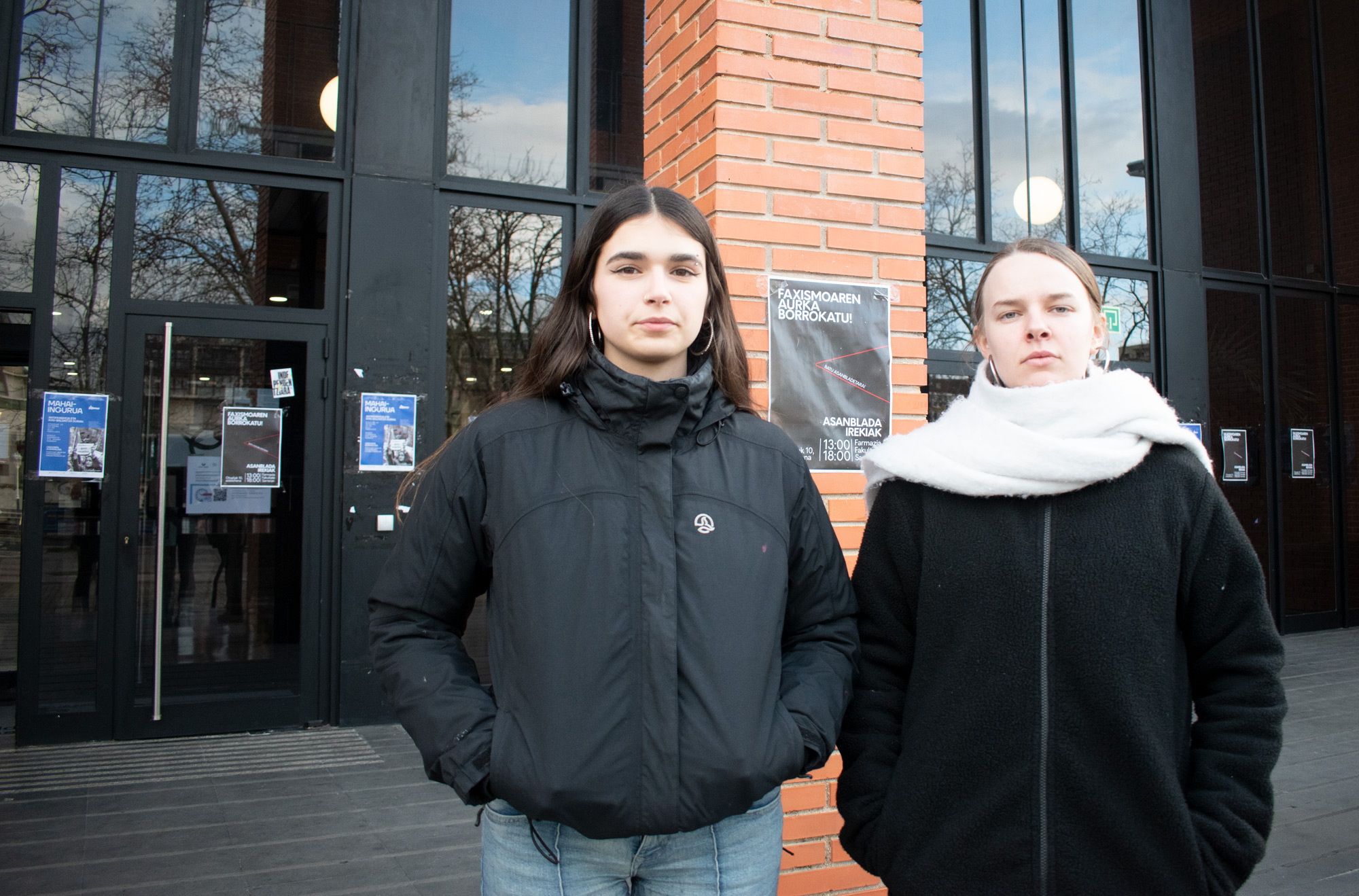
_2.jpg)
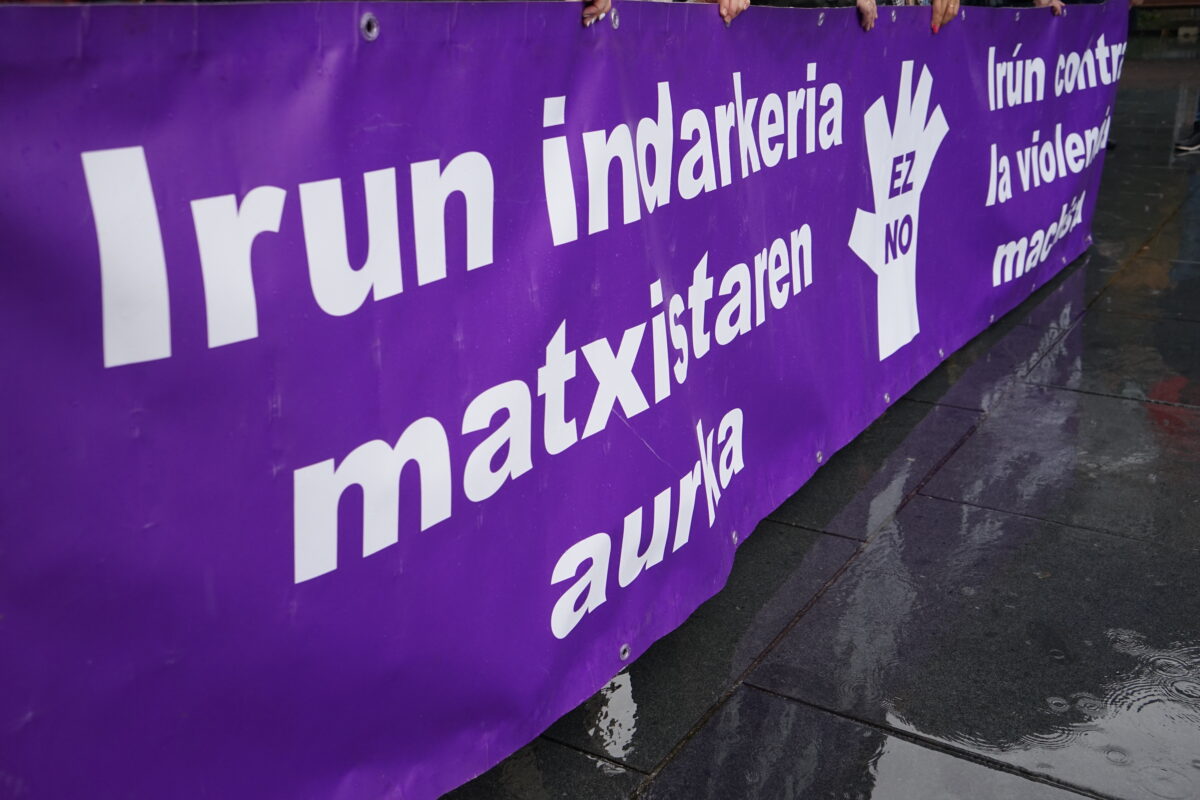
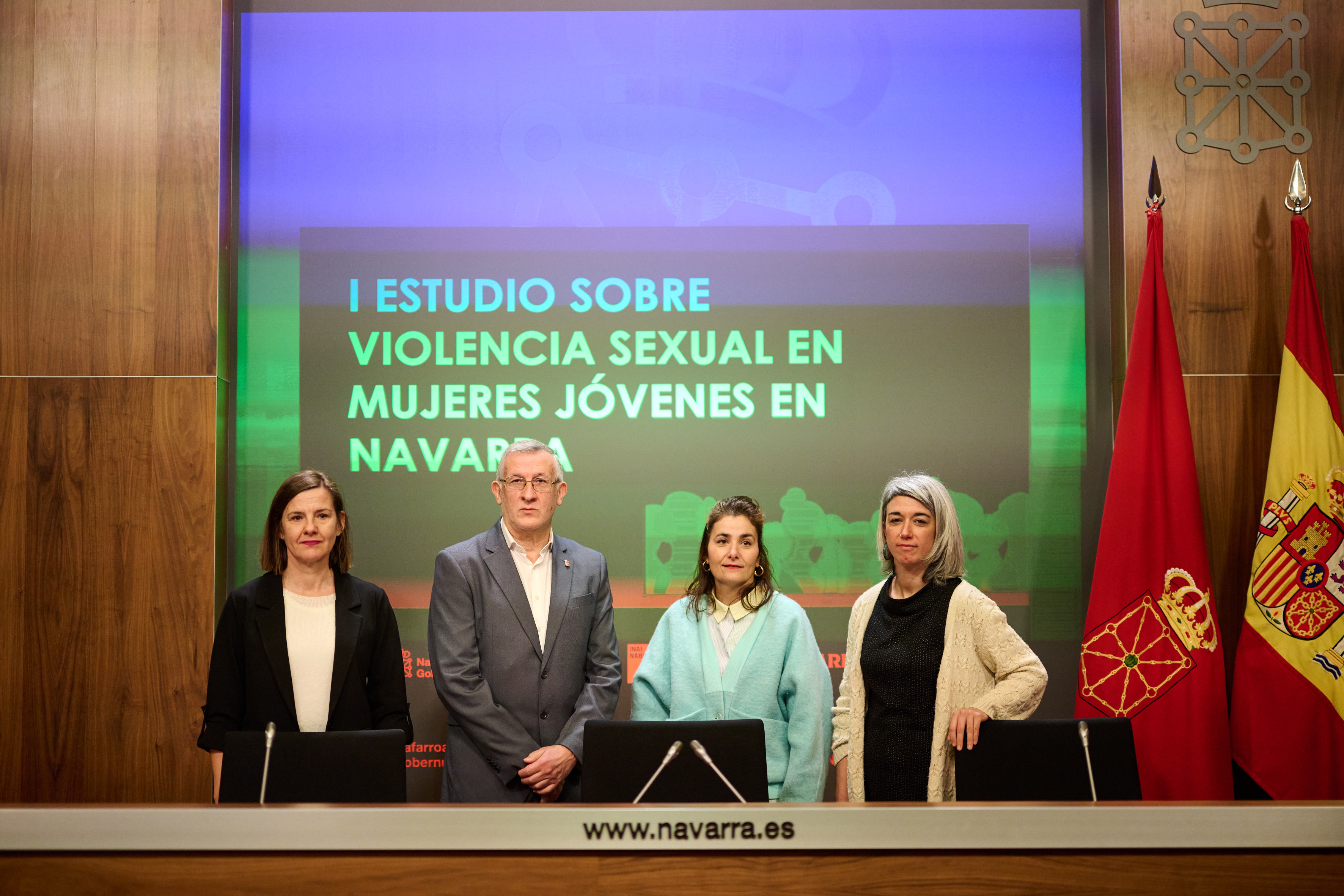

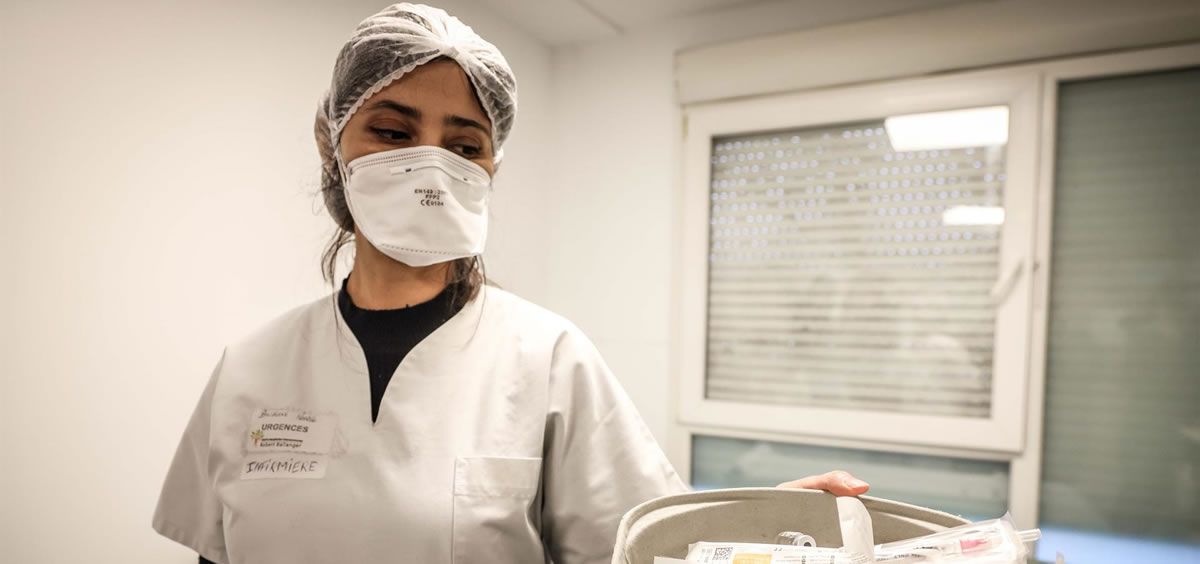
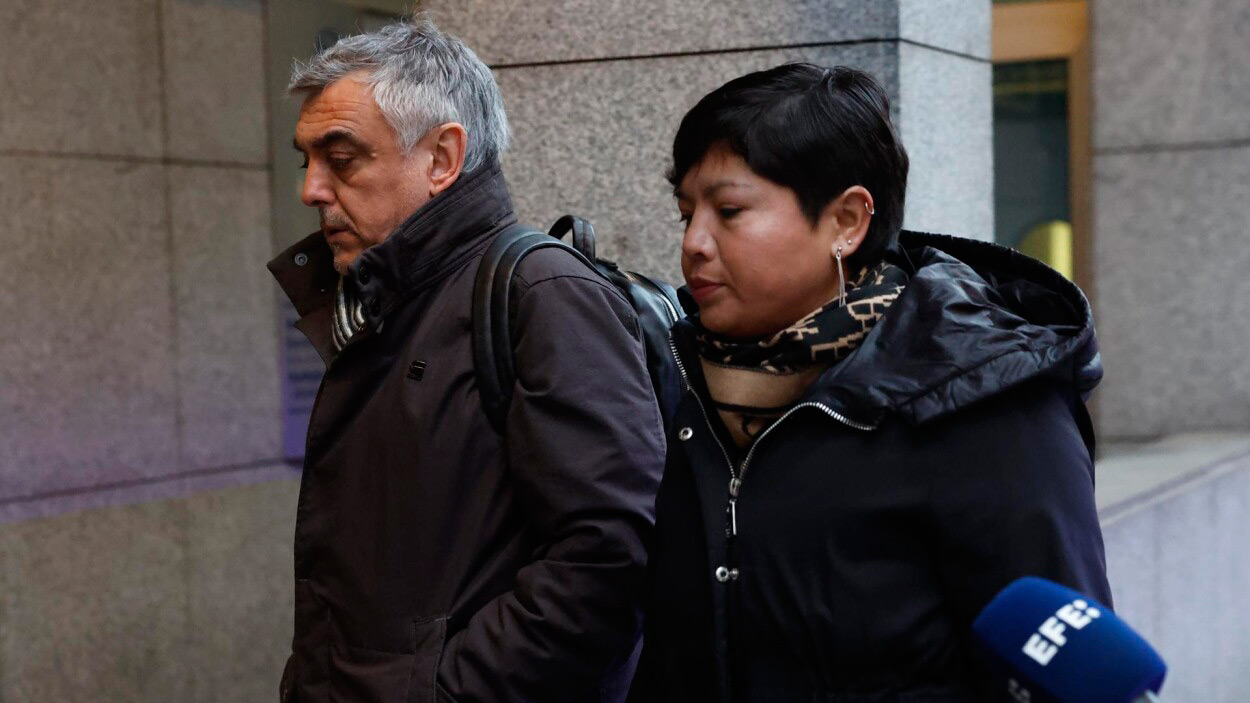


.jpg)
